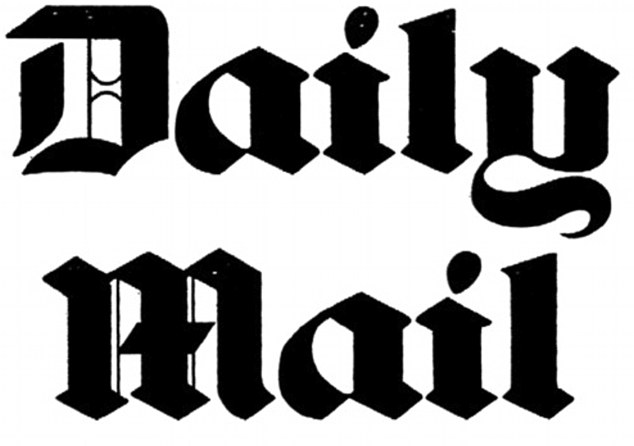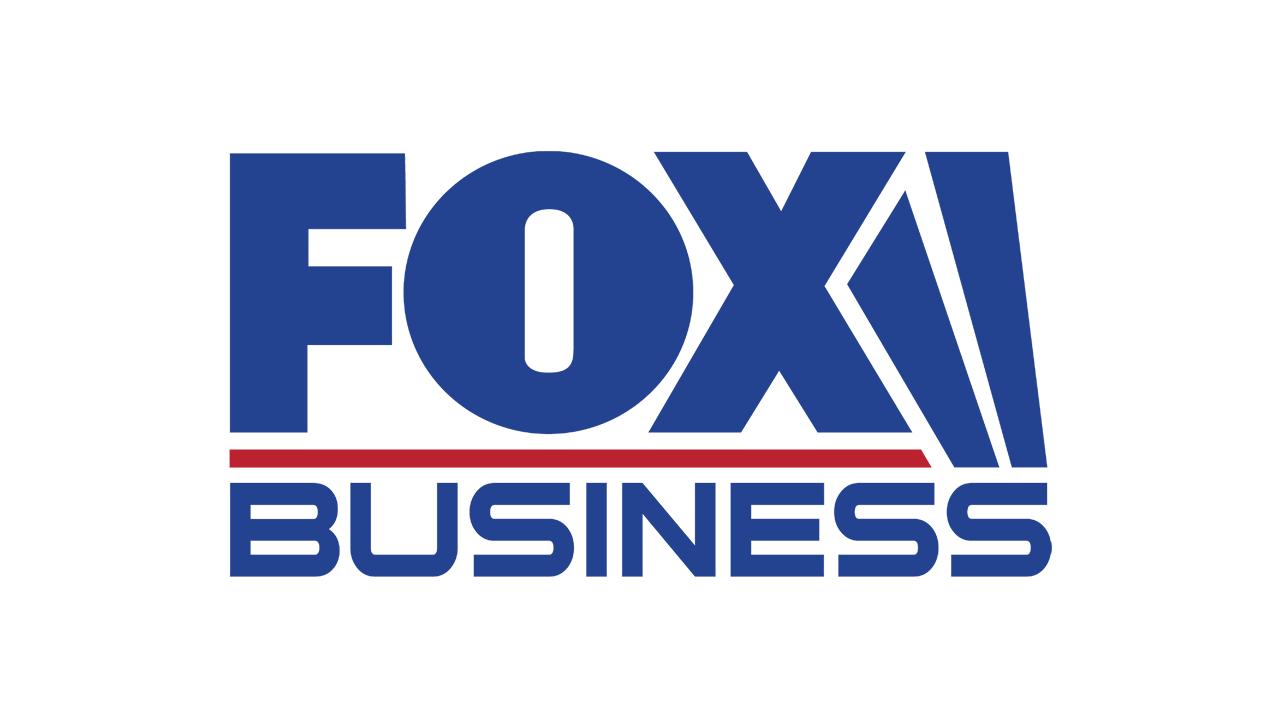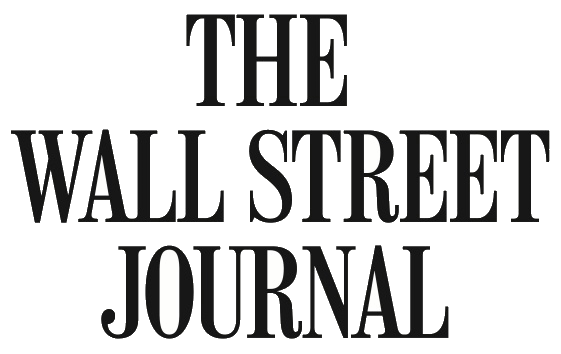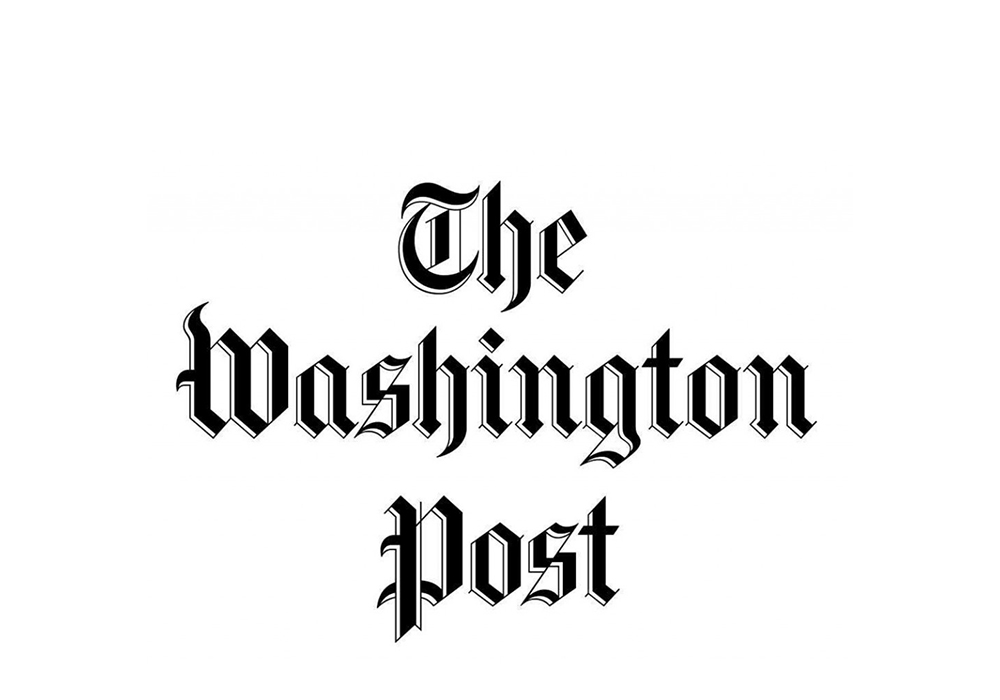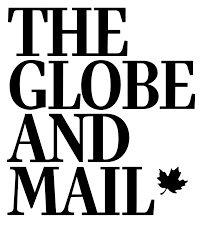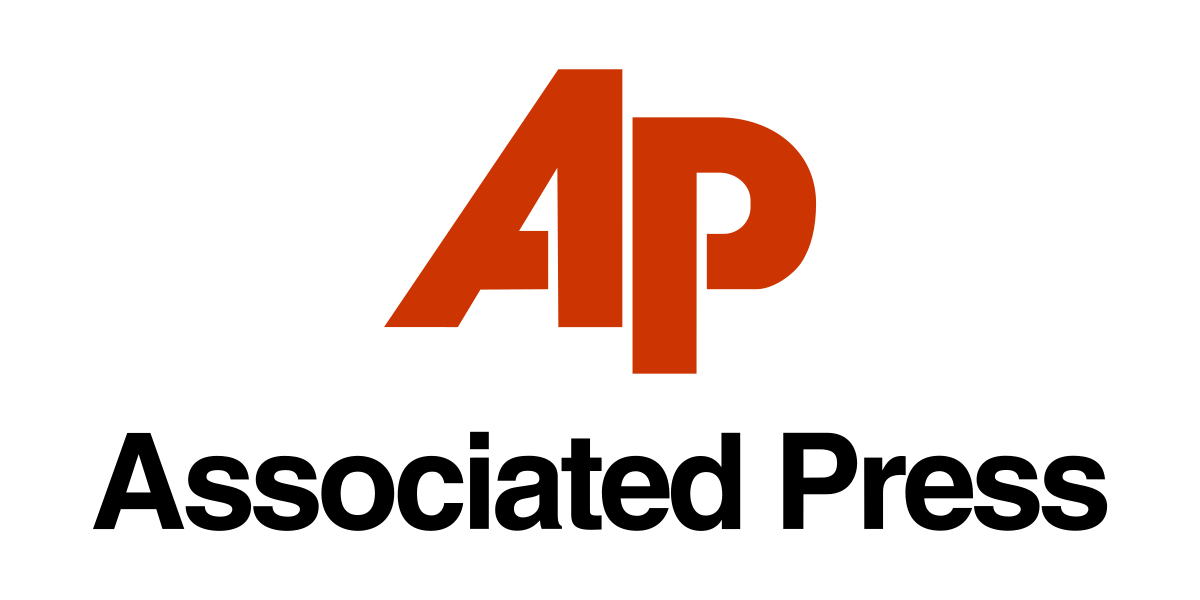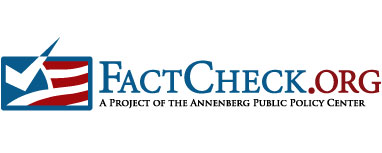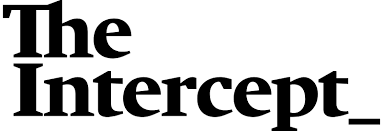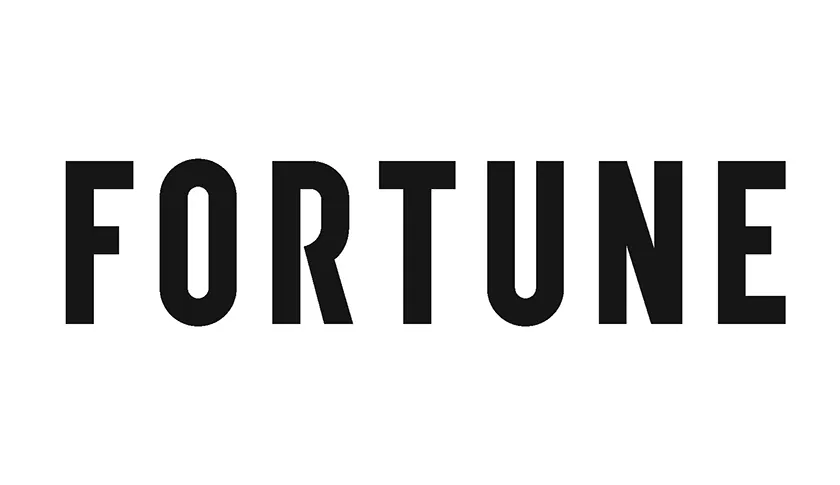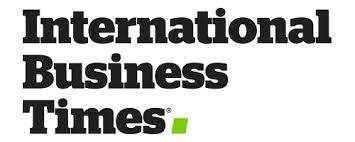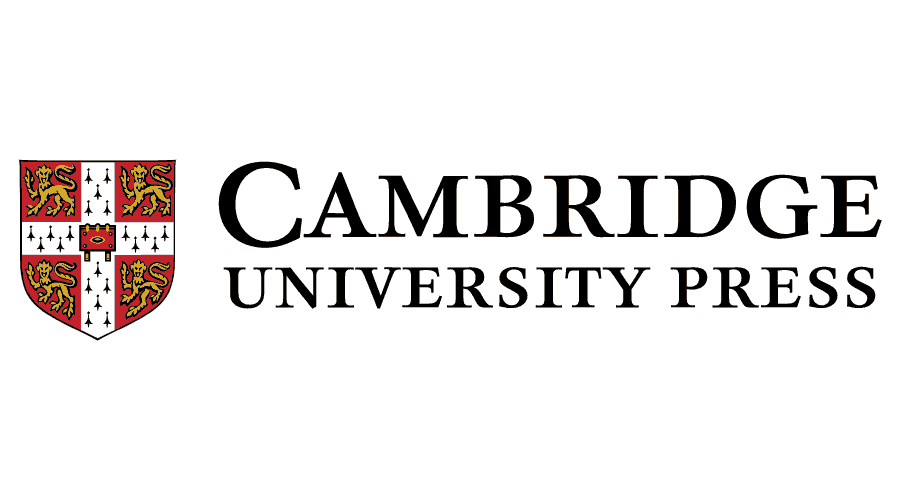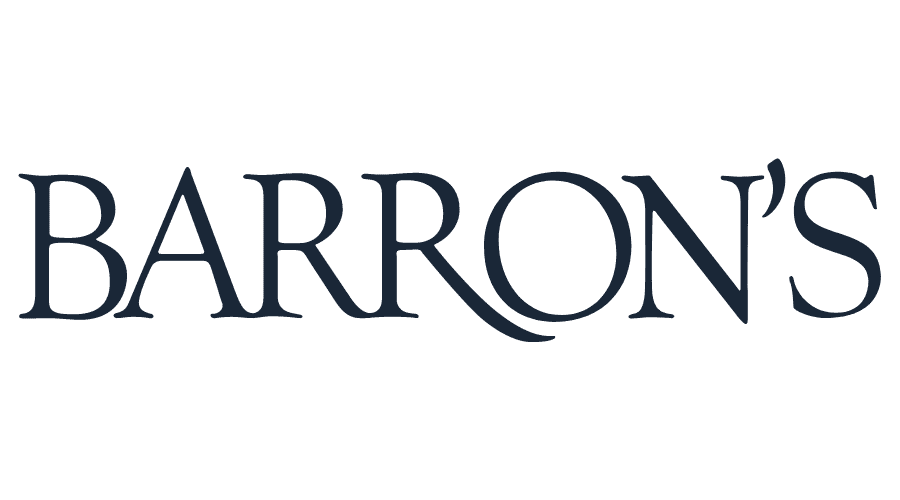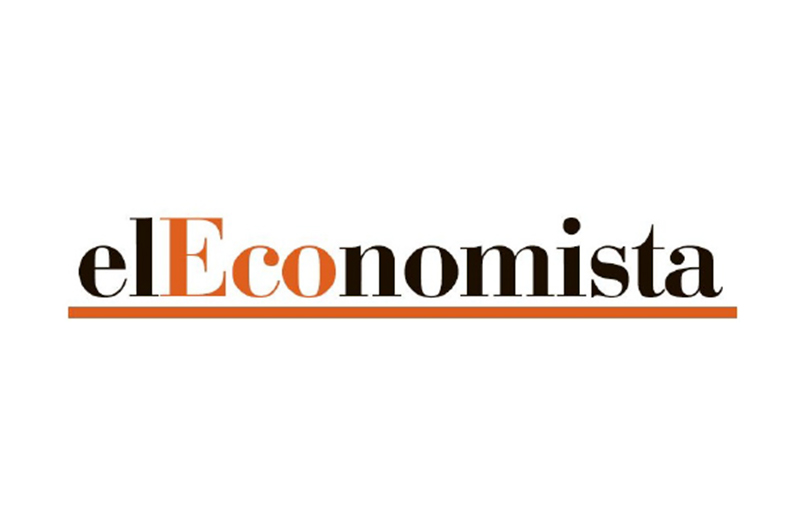UPDATE: EU budget faces immediate German opposition

(Alliance News) - The EU executive on Wednesday proposed a EUR2 trillion long-term budget focused on tackling overseas competition and Russian aggression, but it was quickly shot down by Germany, the bloc's largest member.
Germany said it was "unable to accept" the budget for 2028-2034, which EU Commission President Ursula von der Leyen called "the most ambitious ever proposed". Farm unions also quickly came out against proposed reforms to the bloc's huge agriculture subsidies.
The plan seeks to bolster Europe's security and ramp up competitiveness, against a backdrop of soaring trade tensions with the US, while paying off debts from a massive Covid-era loan.
The European Commission put EUR451 billion on the table under a broad "competitiveness" tag that encompasses defence and space – together allocated EUR131 billion, a five-fold increase.
The budget earmarks up to EUR100 billion for the reconstruction of war-torn Ukraine – as well as substantial new "flexibility" funds kept available in the event of crises.
But German government spokesperson Stefan Kornelius said in a statement that "a comprehensive increase in the EU budget is not acceptable at a time when all member states are making considerable efforts to consolidate their national budgets."
Germany also opposed the Commission's call to make companies with a turnover of more than EUR100 million pay more tax.
While Germany says the budget is too large, many EU lawmakers accuse it of not leaving sufficient funds for priorities such as climate adaptation and the agriculture subsidies that make up the biggest share of the budget.
Budget Commissioner Piotr Serafin said under the Commission's plans, EUR300 billion would remain to support farmers – against around EUR387 billion, of which EUR270 billion in direct payouts, under the current seven-year budget.
Brussels says there would be an overhaul of the Common Agricultural Policy subsidies, with some funding moved to other budget columns.
But the future of the CAP is headed for a fight, with farmers warning against cuts to their slice of the EU pie – and marching on Wednesday in Brussels to show their resolve.
Hundreds of European farmers joined a protest outside the Commission building in Brussels organised by a pan-European agriculture lobby group, Copa-Cogeca.
The group described it as a "Black Wednesday" for farmers, accusing Brussels of seeking to "dismantle the 'common' nature of the CAP through concealed budget cuts".
The warning raised the spectre of another confrontation after last year's protests across Europe by farmers upset at cheap imports, low margins and the burden of environmental rules.
Hungary, a staunch critic of Brussels and Russia's closest ally in Europe, meanwhile tapped into the rural anger ahead of the plan's release – while slamming the money for Kyiv.
"Ukraine would get a massive funding boost, while European farmers lose out," Hungarian Prime Minister Viktor Orban said.
The announcement sets the stage for two years of fraught negotiations between the European Parliament and 27 member states.
Already stretched thin, some states, such as Germany, are unwilling to contribute more to the common pot.
Unlike in the previous budget, the EU has debts due to the Covid pandemic, when states teamed up to borrow EUR800 billion to support the bloc's economy. These are estimated to cost EUR25-30 billion a year from 2028.
The previous 2021-2027 budget was worth around EUR1.2 trillion and made up from national contributions and money collected by the EU such as customs duties.
National contributions will grow slightly, from 1.13% of member states' gross national income to 1.15% plus 0.11% devoted to repaying the Covid loan.
The commission will also seek to raise about EUR58 billion a year collecting money directly through five instruments, including its carbon border tax and a levy on electronic waste.
France's Europe minister Benjamin Haddad hailed the Commission's "ambition" but Dutch Minister of Finance Eelco Heinen – representing one of the frugal states – said the proposed budget was "too high".
Members of the EU parliament, however, made it clear the budget was not enough in their view.
"However you try to package this, what we have is a real-terms investment and spending freeze," said a joint statement from the EU lawmakers tasked with steering the budget through parliament.
source: AFP
Copyright 2025 Alliance News Ltd. All Rights Reserved.
